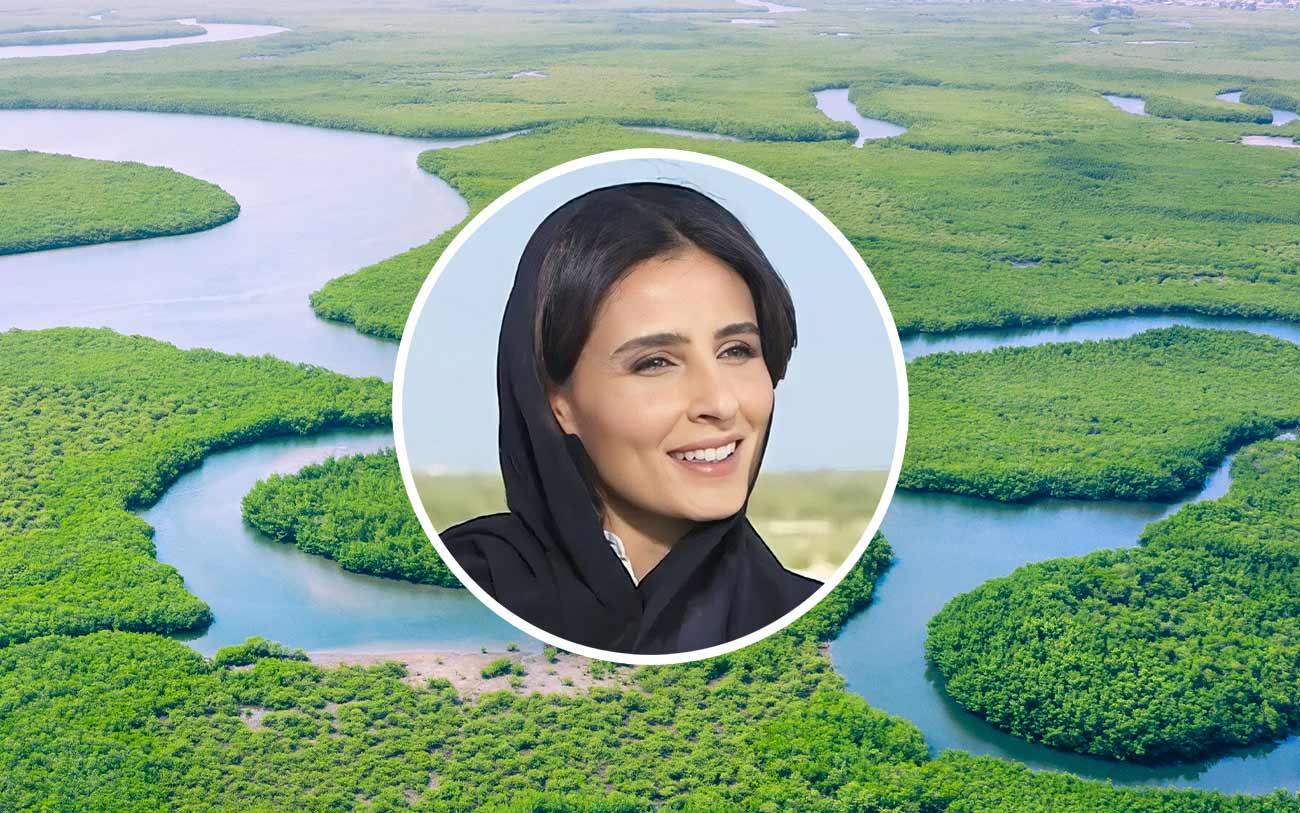At the Amazon Cooperation Treaty Organization (ACTO) Summit in Belem, Brazil, Razan Al Mubarak was part of the COP28 Presidency delegation that engaged heads of state, ministers, governors, and leaders of Indigenous communities in climate talks leading up to COP28.
The ACTO Summit was expected to yield an ambitious policy on protecting the world’s largest rainforest. Ms. Al Mubarak, UN Climate Change High-Level Champion for COP28, met with leaders from Bolivia, Brazil, Colombia, Ecuador, Peru, Venezuela, Guyana, and Suriname. She reaffirmed the vital role of Indigenous peoples in climate talks to limit global warming to 1.5 degrees Celsius – almost half of the remaining intact forests in the Amazon basin are in indigenous territories – and invited them to bring their agendas to COP28.
She stated:
“Indigenous communities have traditionally been overlooked in climate action campaigns. Today, on the International Day of The World’s Indigenous Peoples, we must also recognize their historical leadership on nature preservation and climate.”
Ms. Al Mubarak, who is also President of the International Union for Conservation of Nature (IUCN), highlighted the Amazon as a vital biodiversity hotspot and carbon sink which stores huge amounts of greenhouse gasses. Yet it has been under increasing pressure – from agriculture, Illegal mining, and oil drilling.
Protecting the rainforest and traditional ways of life against growing economic pressures has been a difficult and often dangerous task. According to a report by Global Witness, Brazil has recorded 342 deaths of environmental activists in a decade — the highest number globally. Alessandra Korap, a Brazilian environment activist and Indigenous leader that Ms. Al Mubarak met on Tuesday, has previously received death threats because of her work to stop illegal mining and deforestation.
Ms. Al Mubarak, whose own proposals include encouraging financial institutions and businesses to shift away from nature-depleting activities and providing indigenous communities with access to formal financial systems, said she was “grateful for the opportunity to hear directly from local leaders on how to best protect the Amazon and how to foster inclusion and bring their perspectives to COP28.”
